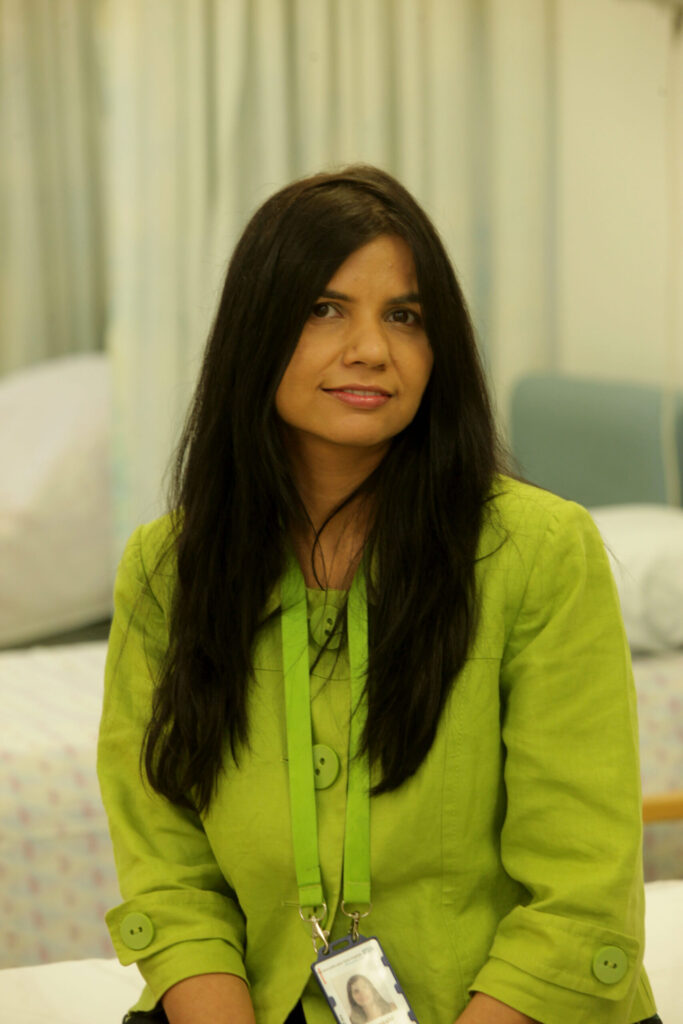- Work Hard
- 18th Mar 2023
- 1,088 Views
- 0
- 1 minutes
We meet Dr Meena Choudhary who transforms hundreds of women’s lives who struggle to conceive

We caught up with the senior consultant in reproductive medicine and Newcastle Fertility Centre’s egg donor program clinical lead to see how she makes motherhood miracles happen.










Comments